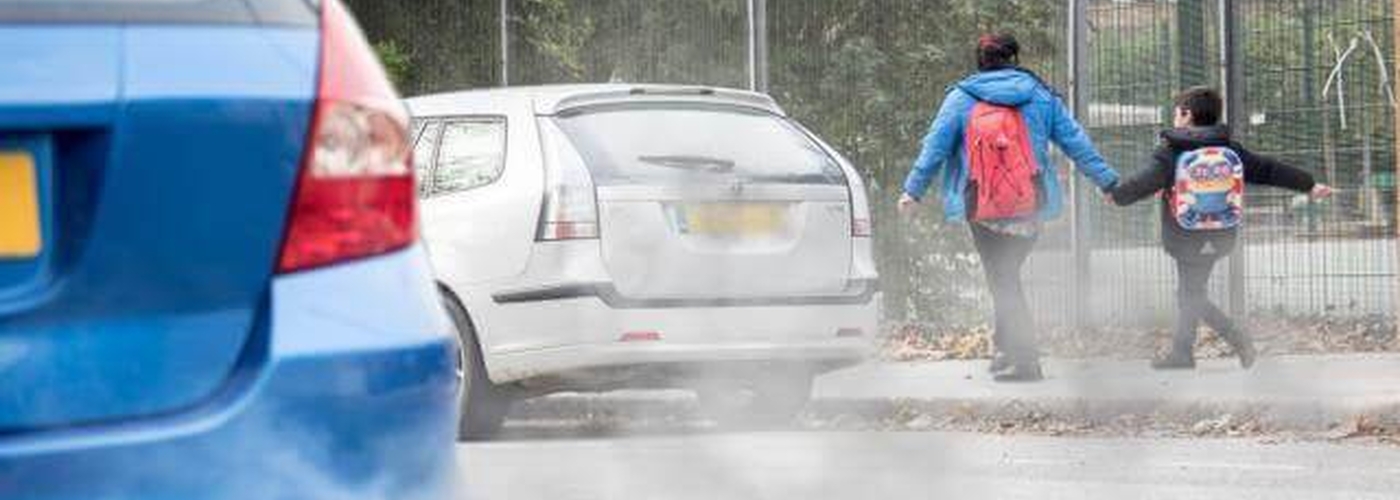Lib Dem climate campaigner, former NHS worker and NW MEP Jane Brophy makes a valid point
The impact of COVID-19 on our lives has shaken even the strongest of our societies and economies.
So much has been done already to combat the viruses spread. The road ahead, however, is still filled with obstacles. For the foreseeable future, we will all have to live in a world dominated by this pandemic.
Pandemics will come and go, but the damage we are doing to our planet will last forever if we do not act now
It is a time in which the authenticity of our leaders and the strength of our communities have been tested and pushed to the limit.
We have seen the bad in our government's jaw-droppingly ignorant refusal to co-operate with the EU to bring in more much needed protective equipment and ventilators for our NHS. We have all seen the effects, in real-time, of sustained Conservative cuts to our fragile health services.
And we have seen the good in the way ordinary people have stepped up. In this moment of real stress, many communities have come together like never before. Groups have formed to help the vulnerable and elderly, shops have adapted to prioritise the needy and retired NHS, fire and police workers have gone back to the frontline.
In parts of the world, the effects of our response to COVID-19 are even throwing up new positives. Air pollution and CO2 rates are falling dramatically in cities where usual travel patterns have been disrupted. And in Italy, the absence of cruise liners are returning dolphins in large numbers to the coast for the first time in years.
These stories - too often buried in the overwhelming conversations about recession and economic harm - are profound. They come at a time when the world is suffering from wholesale environmental changes - record temperatures, ravaging Australian bushfires, and the worst locust invasion of Kenya in the past 70 years.
If the unprecedented problems caused by coronavirus have taught us anything, it is that our world is not indestructible. And when we finally beat COVID-19, we must not go back to our old way of doing things. We must be prepared for the impact that the climate crisis will bring, and we must face it with the same determination and togetherness that we have faced this pandemic.
Because just like coronavirus, the climate crisis will not discriminate. It will impact everyone, from established superpowers and global governments to the most vulnerable and least well off members of our communities.
Only by pooling our resources and working to better our lifestyles can we manage in these uncertain times. We must treat this pandemic as a launching point from which our combined response to the global climate emergency should be based on.
Just as this pandemic has forced world leaders into helping their citizens in ways that have never been seen before in peacetime, so too should the climate crisis be a breeding ground for innovation and co-operation on an international scale.
We should not forget the lengths we have gone to safeguarding and strengthening our NHS. We should remember the help other countries offered us and each other. We should also remember that by standing alone, some nations invited an even worse situation upon themselves.
And we should stop pretending once and for all that this is normal.

For years, the world's scientists have been warning that the climate emergency will change our way of life. We have seen exactly how easy that is and how established systems can crumble in a matter of days.
We must respect the science on the climate crisis in the same way we have respected the science on COVID-19, and we must do so now.
After all, pandemics will come and go, but the damage we are doing to our planet will last forever if we do not act now. We must take the lessons learned and remember them if we are to safeguard future generations against existential, globalised threats.
There is hope in our response, strength in our togetherness and light at the end of the tunnel. But they should be utilised to prepare, adapt and change our ways, rather than react to the inevitable.
Jane Brophy is a former NHS worker and was a Liberal Democrat MEP for the North West of England. In the European Parliament, she led the charge against ratifying any European deal with Brazil until President Bolsonaro had taken action over the Amazon Rainforest and threatened to block any future trade negotiation. She has led calls for tackling the climate emergency for more than two decades and now leads the Liberal Democrat council group in Trafford, Greater Manchester.











